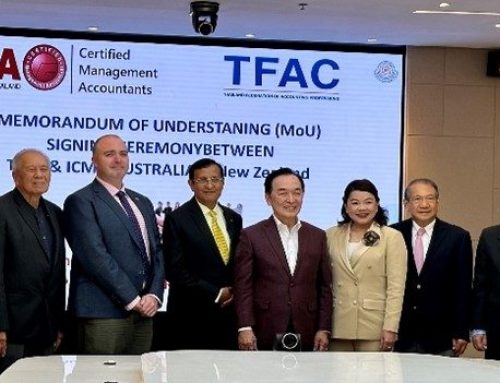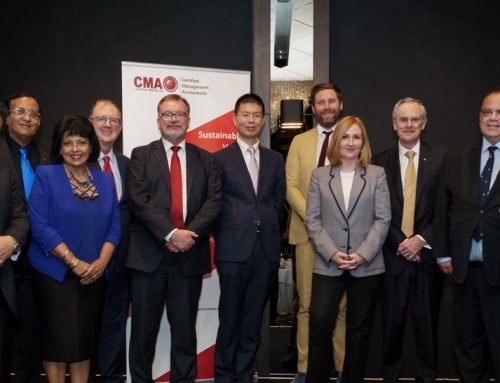Despite significant criticisms, international charities persist in using racially stereotyped images of children in fundraising advertising.
“This is because, obviously, such images yield the most donations”, says Prof Janek Ratnatunga, the CEO of the Institute of Certified Management Accountants (CMA ANZ).
In an in-depth study titled ‘Racial Stereotyping in Advertising: The Monetary vs. Societal Impact of Charity Fundraising’, Prof Ratnatunga specifically deals with the role of western charities in creating and feeding racial stereotypes, how this benefits charity fundraising performance, and the impact these racial stereotypes have on the larger community – especially in the implicit biases formed that lead to acts of racial discrimination and racial vilification.
Prof Ratnatunga says that one major reason for the existence of significant racist attitudes in Western countries is because of the marketing and fundraising carried out by Western charities.
“Most charity fundraising ads use emotive images of dark-skinned children living in what Westerners would consider poverty.”
“Charity fundraising advertisements are aimed mainly at people of a different colour or ethnicity, says Prof Ratnatunga, “such ads have played a significant role in forming racist attitudes, both implicitly and explicitly, over the last 50 years.”
“These advertisements, especially using children’s images, have been referred to in the media as poverty-porn.”
“Stereotyping of this nature in fundraising creates an ‘us and them’ feeling about beneficiaries – and serves to divorce people from feeling connected to those who might need charity assistance.”
Prof Ratnatunga says that many charity advertising and campaign imagery are detrimental to society, especially those that have ‘child sponsorship programs’.
“They need to modernise and mature significantly in terms of how they represent the people they are supporting and supposedly helping.”
“The challenge for the charity sector is to really open up platforms and spaces to hear authentic stories in a very dignified manner from the forefront”, he says.
“One approach is to pool funds for community projects rather than focusing on individual children.”
However, charities are aware that any move towards community focused advertising will most likely mean that charities will receive less donations. That is why even these ‘pooled’ programmes still exploit children to raise money for development work. Thousands of individual children are still marketed to raise these pooled sponsorship funds, often because a donor wants to see the difference he or she has made to the life of the child funded.
Prof Ratnatunga says that it is within the power of international charities who run such programmes to vigorously explore new fundraising initiatives to connect and support wide-ranging locally led programmes developed in the poorer recipient countries themselves. Fundraising models that smack of colonialism or ‘white saviour’ mentalities should be phased out and more power should be shifted to the poorer non-western countries.
“It is time for the computer clicks on that vulnerable little boy behind the “Choose Me” slogan to fade into the history of a former time”, he concludes.
[Ends]For further comment on the above topic, please contact:
Prof Janek Ratnatunga
CEO, ICMA Australia & NZ
Mobile: +61432758380
Email: [email protected]
About the Author
Professor Janek Ratnatunga is the CEO of the Institute of Certified Management Accountants, Australia & NZ. He has held senior appointments at the University of South Australia, Monash University, University of Melbourne, and the Australian National University in Australia; and the Universities of Washington, Richmond and Rhode Island in the USA. Prior to his academic career he worked as a chartered accountant with KPMG. He has also been a consultant to many large Australian and international companies and to the World Bank.



Stay In Touch